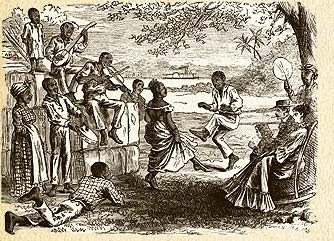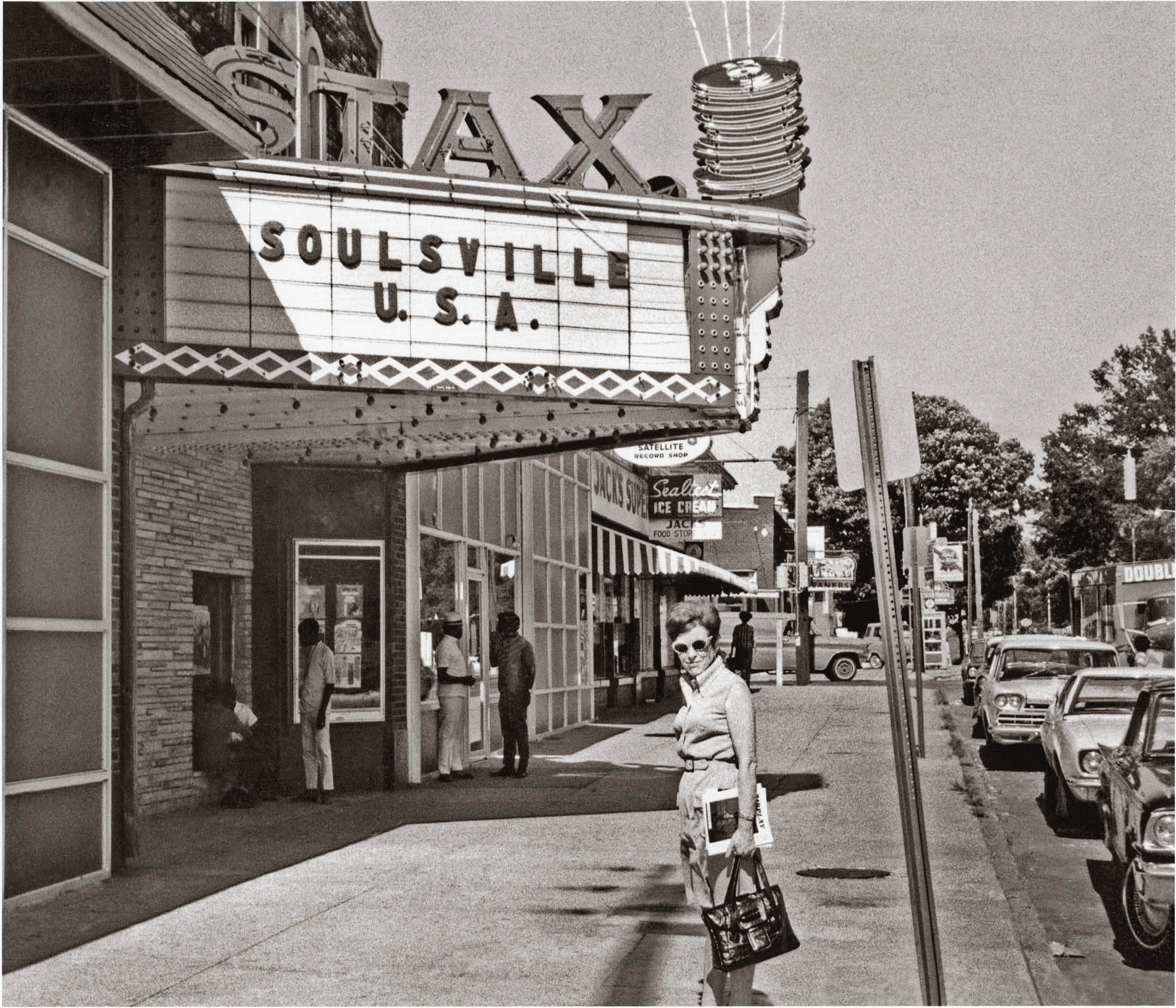Commodification of African American Music
by Kayla Ary

The development of African American music began with the acculturation of African music into American culture, after enslaved Africans were first brought into the United States during the Transatlantic Slave Trade. At this time, African American music was only confined to the plantations and slave homes where most African Americans resided. They would create music from what they could to uplift their spirits and continue their African heritage in any way they could in this new land. From their creative adaptation of African music, two genres arose – folk music and Negro spirituals.
However, it was within the genre of Negro spirituals that we first see evidence of commodification. Negro spirituals began to be heard in more scenes than just on the plantation. In 1867, Slave Songs of the United States, a collection of spirituals, was published. The collection was very successful. Groups, such as the Fisk Jubilee Singers, were also brought to public interest.
In the mid-1800s, jubilee quartets began to form throughout the country – at universities, for minstrels, etc. Jubilee quartets were one of the first black music inventions to draw the attention of white audiences and white audiences came greater interest and more money to African American music. Record companies began to record jubilee quartets and radios began to broadcast the music. For example, Columbia Records recorded a jubilee quartet in 1891, which was the first African American group they ever recorded. Jubilee quartets also began touring the country to sing in front of audiences. The Golden Gate Quartet was one of the earliest quartets.
This same sentiment – white interest in African American music – was what continued the commodification of African American music as new genres began to form. The jazz and R&B genres were both catalysts in this commodification of African American music as white people began to take over in black music by managing its distribution. Louis Armstrong (jazz), Scott Joplin (ragtime), and Nat King Cole (blues) were three independent black artists who caught the attention of white audiences throughout their careers.
As music advanced, record labels began to aid in the commodification of African American music.
Stax Record was a record company located in Memphis and founded in 1957 under the leadership of, first, Jim Stewart and, later during their revival, Al Bell. Though they supported many black causes and embraced traditional black culture to make it mainstream, Stax still became one of the main influencers of commodification. The label brought artists such as Otis Redding, the Staples Singers, and Booker T. and the MG’s to the forefront of R&B and soul music and increased their audiences.
Record Row was a street known for the multiple record label companies that were located on it. Located in Chicago, Chess Records, Veejay Records, Constellation Records, and Brunswick Records signed R&B, soul, rock and roll, and blues artists from the late 1950s to the mid 1970s. Muddy Waters, Little Walter, Jimmy Reed, Chuck Berry, the Chi-Lites, and Etta James were a few black artists that came out of Record Row. As was often the case with the commodification of African American music, black music drove Record Row, but in the hands of white men. It was even white teenagers’ insistence on listening to black music that caused Record Row to thrive.


African American music has been commodified since Negro spirituals became popular among white audiences. Since then, it has been white audiences that have brought in alot of the money that African American music has garnered, and white men who have controlled that money. Ever since this commodification first started, the motive behind signing music artists has become to gain money. Despite the cons of commodification, it was commodification that caused the development of many popular music genres today – jazz, R&B, soul, and hiphop.


